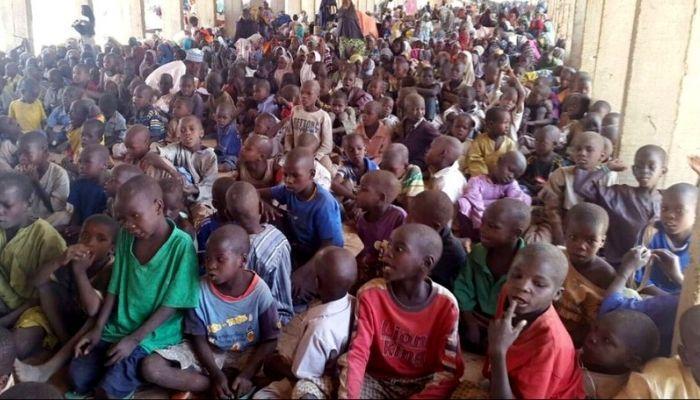Nigeria is set to witness a major turning point in its educational landscape as the Federal Government announces a bold initiative to bring over one million out-of-school children back into the classroom. This development marks a renewed commitment to tackling one of the country’s most persistent challenges—children living without access to basic education.
The announcement was made during a briefing in Abuja, where the Federal Ministry of Education outlined the roadmap for what is expected to be one of the largest child reintegration efforts in recent years. With literacy and educational equality at the heart of national development, this initiative signals a new wave of hope for struggling communities across the nation.
A National Crisis in Urgent Need of a Solution
Nigeria has faced an alarming rate of out-of-school children, with millions of young minds left outside formal learning spaces. These children often grapple with:
- Poverty and economic hardship
- Cultural and religious schooling systems that lack structured academic subjects
- Insecurity in certain regions
- Early marriages or street hawking
- Lack of nearby schools or learning facilities
For years, concerned citizens, activists, and international partners have warned of the long-term consequences: rising illiteracy, higher crime rates, youth unemployment, and social instability.
This new government-led push, therefore, comes at a critical time—one where Nigeria must reshape the future of its young population or risk deeper national vulnerability.
How the Government Plans to Enrol One Million Children
The new enrolment strategy focuses on children between ages six and nine, spread across 12,600 communities. The model is not one-size-fits-all; instead, the government is adopting flexible learning spaces to ensure no child is excluded.
Key steps include:
- Placing children in low-cost private schools, public schools, and specially established transit learning centres.
- Introducing a hybrid curriculum that combines Qur’anic and religious education with literacy, numeracy, and civic learning.
- Partnering with the National Commission for Almajiri and Out-of-School Children.
- Working with community leaders to identify and encourage families to enrol their children.
So far, 109 functional learning centres have already been established nationwide, with thousands of learners already enrolled.
In the Federal Capital Territory alone, over 21,000 out-of-school children have been identified and placed on track for reintegration into formal schools.
Education Linked to Skills and Future Empowerment
To ensure that children and youths do not merely attend school but also gain meaningful life benefits, the initiative is connected to the Bola Tinubu Legacy Skills and Training Institute. Here, older children—especially those in the Almajiri system—can receive vocational and entrepreneurial skills training, preparing them for real-world economic participation.
This helps shift the purpose of education from just “going to school” to learning skills that shape future livelihoods.
What This Means for Nigeria
If successfully executed, this initiative could mark a historic shift for the country:
- More children will gain access to literacy and numeracy foundation skills.
- Communities will experience reduced street hawking and child labour.
- Families will enjoy improved social stability and future economic prospects.
- Nigeria’s education ranking and global development indicators will strengthen.
- The cycle of poverty that traps many children will begin to break.
Most importantly, it gives millions of young Nigerians something they truly deserve: a chance to dream, to learn, and to build a better life.
A Call for Cooperation and Consistency
Experts emphasise that success will depend on:
- Sustained funding
- Community support
- Teacher training and monitoring
- Non-political execution
- Security across vulnerable regions
This is not just a government project — it is a collective national mission.



